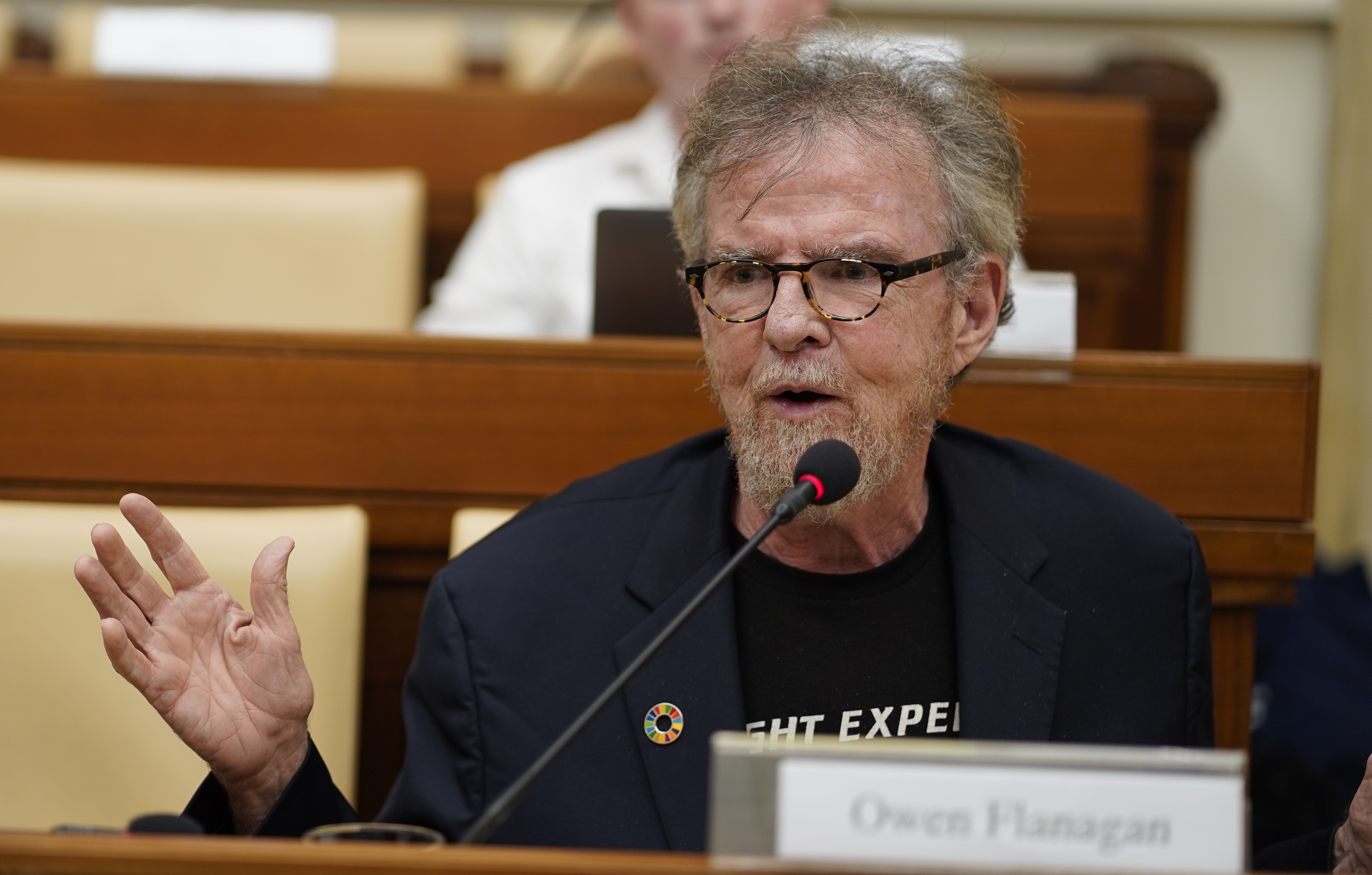Owen Flanagan, "My Non-Narrative, Non-Forensic Dasein: The First and Second Self," Consciousness and the Self
Owen Flanagan pits John Locke's theory of personhood against William James's theory of personhood.
The predominant Western theory of what makes a person a person is Locke's. This theory has even had widespread legal implications.
Roughly stated, Locke's theory is that personal identity is matter of psychological continuity. We are who we are given how well our set of past experiences are connected to our current experiences, and we can only be held legally or morally accountable for those past experiences that can be connected to the current self.
It sounds confusing but it's really not. Think about it practically in a trial.
There have been cases where people have been tried for things like killing someone in the heat of passion or while blackout drunk or in the oddest cases while sleepwalking. Well, to that fully sober, awake, conscious person, it might be the case that they have no recollection of those experiences. The question for the court is to decide whether the person who is accused of committing the crime could be said to be the same person who actually committed the crime.
Flanagan wants to say this theory of Locke's of personal identity or personhood, which has been so essential to the Western legal system, is fine for law, but of course it is not anything like the ordinary commonsensical sense of personhood, which was provided by psychologist William James.
According to James, our personal identity is based upon a sense of self where we recognize our stream of consciousness, some experiences of which we give pride of place (substantive experiences) and others which are not essential to our overall goal (transitory experiences). For instance, it might be meaningful for us to pick up a birthday cake for a sibling, in which case we'd regard that as a substantive experience. But much of the process of driving and what might be playing on the radio at the time would be matters of transitory experiences.
Of course, what is substantive and transitory is all subjective and could be different for different people but what is the same for all persons is this sense of self where we've got this constant flow of experiences. This is the primary sense of person, according to James. Flanagan agrees.
Percy Shelley, "The Irishman's Song," Selected Poems and Prose
The Irish will fight, avenge their people, and overcome their foes.
Gabriel Bump, "To Buffalo Eastward," The Best American Short Stories 2021
A guy is going to Buffalo, having various adventures with strangers, and daydreaming about an ex of his who is married.

No comments:
Post a Comment